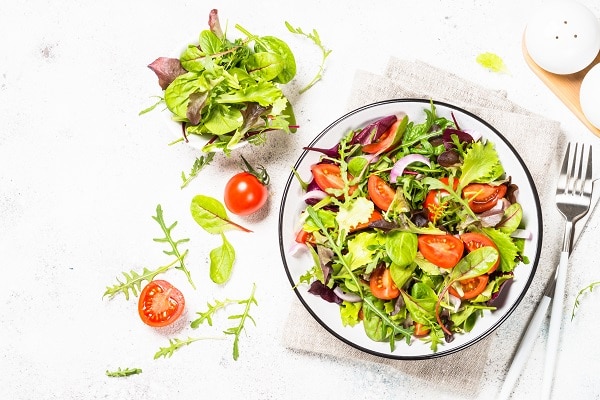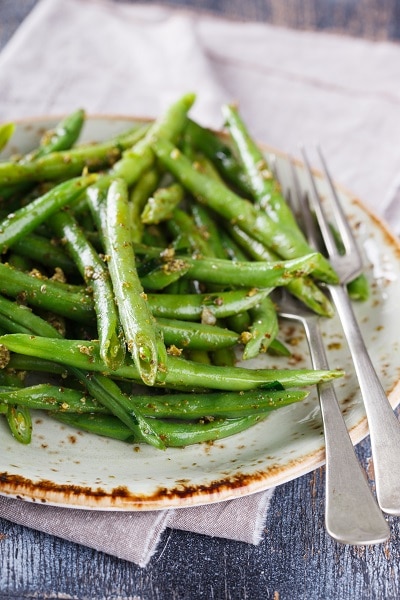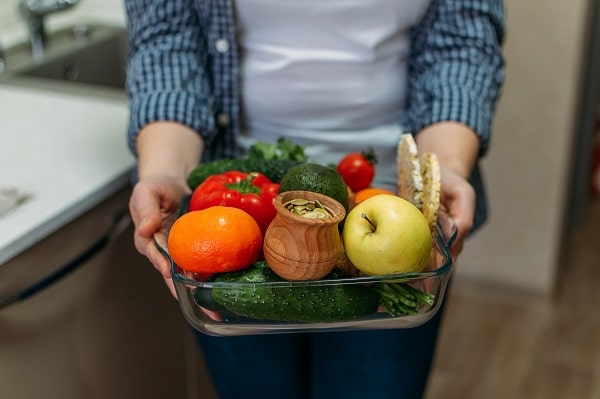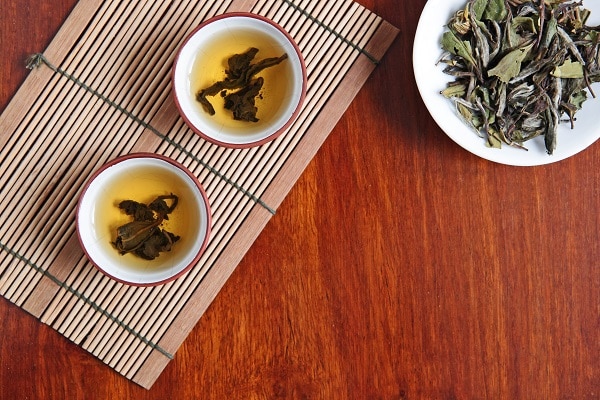Inflammation is the body’s natural way of protecting and healing itself from infection. This system works great until it causes chronic inflammation that can damage your tissues, organs, and immune system and cause chronic illness. Common symptoms of chronic inflammation include fatigue, body pain, insomnia, stomach issues, mood disorders, and weight gain. However, adopting a natural anti-inflammatory lifestyle and making minor tweaks to your diet and daily routine can significantly impact reducing inflammation and helping you feel better all over.
Contents
- Foods That Cause Chronic Inflammation
- Anti-Inflammatory Diet
- Eat Greens
- No To Red Meat
- More Antioxidants
- Green Tea
- Limit Processed Foods
- Do’s And Don’ts For Reducing Inflammation With Your Diet
- Eat More
- Eat Less
- An Anti-Inflammatory Diet, Along With Good Sleep And Exercise, Provide Many Benefits
- Other Than Diet, Also Focus On
- Exercise
- Manage Stress
- Conclusion
- Related
Foods That Cause Chronic Inflammation
Try to avoid or reduce the limit of these foods:
- Refined carbohydrates such as white bread and pastries
- Fried foods such as fries
- Soda and other processed sugar-sweetened beverages
- Red meat
- Processed meat such as sausage and hot dogs
Anti-Inflammatory Diet

A healthy and anti-inflammatory diet is perfect for reducing levels of inflammation in your body. Consider the Mediterranean diet if you’re looking for a diet plan that strictly follows the views of anti-inflammatory eating, which is full of fruits, vegetables, whole grains, nuts, fish, and healthy oils.
Eat Greens

A diet that includes more vegetables than meat or grains is perfect for reducing inflammation. Try to eat a small portion of your meal with plant-based, anti-inflammatory foods. For example, Brussels sprouts, cabbage, broccoli, cauliflower, blueberries, and apples. These greens rank high for natural antioxidants and polyphenols.
No To Red Meat

Limit your consumption of red meat like lamb, beef, buffalo, pork, and deer. Eating red meat can lead to chronic inflammation, so eat less than 18 ounces a week. Choose healthier meats as an alternative, such as fish, turkey, and chicken. Eggs and cheese are also good proteins. Hormone-free and pasture-raised are the most beneficial options.
More Antioxidants

Antioxidants help prevent, repair or delay some types of cell and tissue damage. Antioxidants are in fruits and veggies like beets, berries, leafy greens, avocados, beans and lentils, ginger, whole grains, turmeric, and green tea.
Green Tea

If you drink more coffee than two times a day, consider switching that drink to green tea instead. Green tea can reduce the risk of illnesses like cancer, Alzheimer’s disease, and joint conditions. Green tea leaves are loaded with polyphenol compounds and mitigate free radical damage to stop further inflammation.
Limit Processed Foods

Avoid processed foods as they have unhealthy fats, artificial ingredients, and fewer nutrients than whole foods that set your immune system on alert and lead to chronic inflammation. Skip foods that come in a box or bag and go for natural foods. Limit consumption of processed meats like sausage, deli meat, bacon, hot dogs, and pepperoni.
Do’s And Don’ts For Reducing Inflammation With Your Diet
Eat More
- Dark leafy greens
- Fruits and vegetables
- Fatty fish
- Olive oil
- Turmeric
- Whole grains
- Beans
- Tea
- Ginger
Eat Less
- Dairy
- Alcohol
- Red meat
- Refined sugar
- Refined flours: wheat or rice
- Soy
- Seed oils: soybean, corn, sunflower, safflower, grapeseed, cottonseed, and wheat germ
- Hydrogenated oils and saturated fats
An Anti-Inflammatory Diet, Along With Good Sleep And Exercise, Provide Many Benefits
- Better blood sugar, cholesterol, and triglyceride levels
- Improvement of symptoms of lupus, inflammatory bowel syndrome, and other autoimmune disorders
- Reduction in inflammatory markers in your blood
- Decreased risk of heart disease, obesity, diabetes, depression, cancer, and other diseases
- Improvement in energy and mood
Other Than Diet, Also Focus On
Exercise

Exercise for 30 to 45 minutes and 10 to 25 minutes of weight training at least four to five times a week. Regular exercise is a perfect way to prevent chronic inflammation.
For best results:
- At least 30 minutes, five days per week of moderate-intensity aerobic activities.
- Seventy-five minutes of vigorous, aerobic physical activity throughout the week.
- Plus, muscle-strengthening activities, in moderate or high-intensity.
Also, consult your trainer for safe guidelines to fit your body and current health.
Manage Stress

Chronic stress leads to inflammation. Use yoga, meditation, biofeedback, exercise, guided imagery, or other methods to manage stress throughout the day. We may not change any of the stressful situations we face in life, but we can change our response and perception by learning to manage stress better.
Conclusion
Following an anti-inflammatory diet and lifestyle can improve inflammation and reduce your risk of many diseases. Inflammation is unhealthy and can lead to various illnesses. In many cases, your lifestyle and diet drives inflammation or makes it worse. Choose anti-inflammatory foods for optimal health and well-being, lower your risk of disease, and improve your quality of life.


